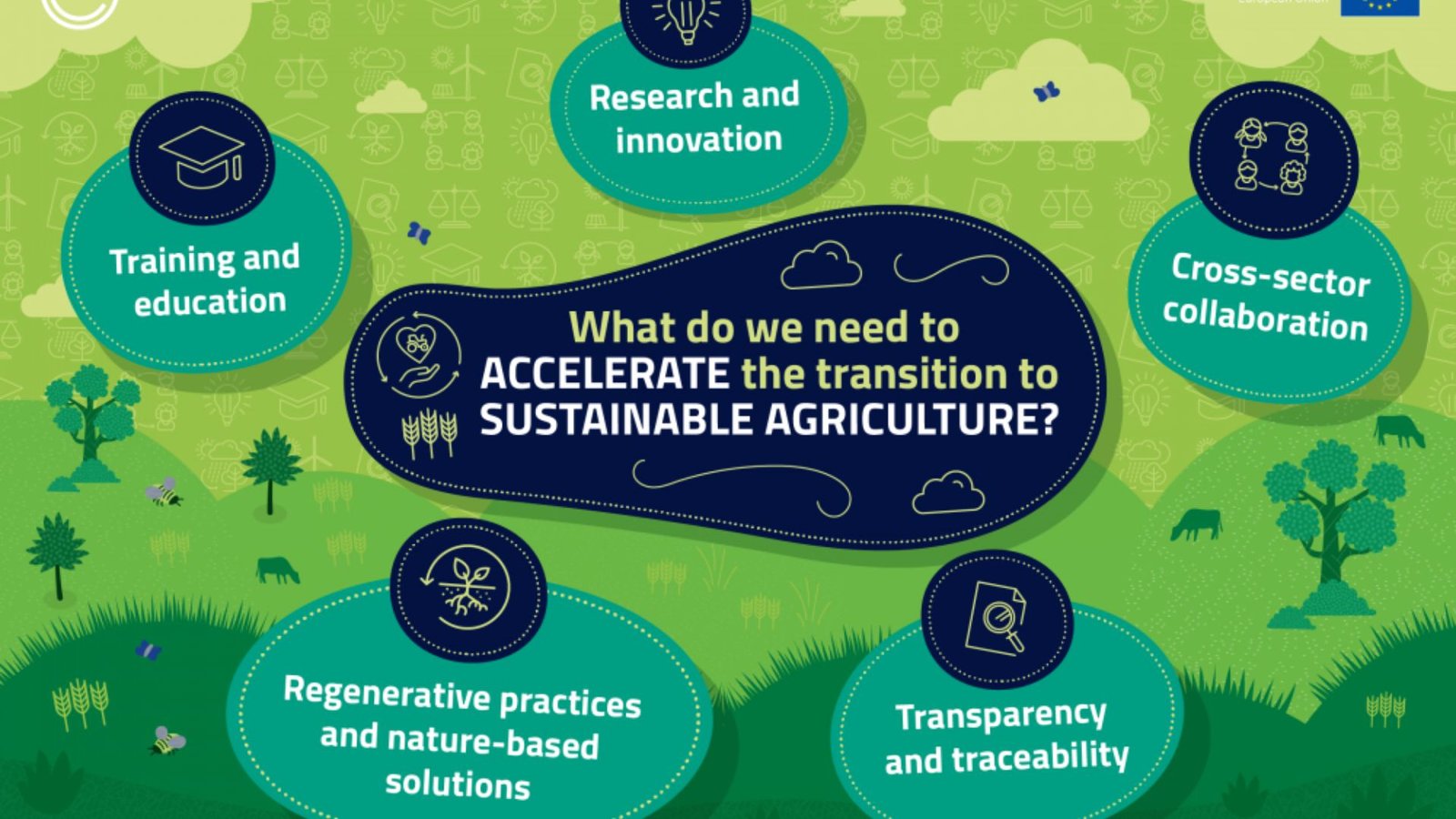Sustainable agriculture is essential for ensuring that we can feed our growing population without harming the planet. As our world faces challenges like climate change, soil degradation, and water scarcity, it’s more important than ever to adopt farming practices that promote sustainability. In this article, we’ll explore some of the best approaches to sustainable agriculture, focusing on methods that help protect the environment while maintaining high productivity.
Why Sustainable Agriculture Matters
Sustainable agriculture matters because it aims to meet society’s food needs without compromising the ability of future generations to meet their own needs. This type of agriculture focuses on producing food, fiber, and other plant and animal products using techniques that protect the environment, public health, human communities, and animal welfare. By adopting sustainable farming practices, we can ensure that agriculture remains productive and profitable while conserving our natural resources.

Use of Organic Farming
One of the most effective methods of sustainable agriculture is organic farming. Organic farming avoids the use of synthetic chemicals and fertilizers. Instead, it relies on natural processes and organic fertilizers like compost and manure. By using these natural inputs, organic farming reduces the pollution of soil and water resources and promotes biodiversity. Furthermore, organic farming practices improve soil health, which is essential for long-term agricultural productivity.
Crop Rotation and Diversity
Another key approach to sustainable agriculture is crop rotation and diversity. By growing different types of crops in a planned sequence, farmers can prevent soil depletion and reduce the need for chemical fertilizers. Crop diversity also helps control pests and diseases, as certain pests may only target specific plants. By rotating crops, farmers can naturally break the life cycle of pests and reduce the need for pesticides. Crop rotation and diversity also improve soil structure and fertility, making them vital for sustainable farming.
Conservation Tillage
Conservation tillage is another important practice for sustainable agriculture. This method involves reducing the frequency and intensity of soil cultivation. Instead of plowing, farmers leave crop residues on the soil surface, which protects the soil from erosion, maintains moisture, and improves organic matter content. Conservation tillage also helps reduce carbon emissions, as it minimizes the use of heavy machinery that burns fossil fuels. By adopting conservation tillage, farmers can promote soil health and reduce environmental impact.
Agroforestry Practices
Integrating trees and shrubs into farmland is known as agroforestry, which is a vital approach to sustainable agriculture. Trees and shrubs provide shade, reduce wind erosion, and improve soil fertility through the decomposition of organic matter. Agroforestry systems also offer habitats for wildlife, which contributes to biodiversity. Additionally, these systems can provide farmers with additional sources of income, such as fruit, nuts, and timber, making agroforestry a win-win for both the environment and farmers.
Efficient Water Management
Water is a critical resource in agriculture, and managing it efficiently is crucial for sustainability. Sustainable agriculture practices include using drip irrigation systems, which deliver water directly to the plant roots, reducing water waste. Rainwater harvesting and the use of drought-resistant crops are also effective strategies for conserving water. By focusing on efficient water management, farmers can reduce their water footprint and maintain productivity, even in regions facing water scarcity.
Integrated Pest Management (IPM)
Integrated Pest Management (IPM) is a sustainable approach to controlling pests and diseases. IPM combines biological, cultural, physical, and chemical tools to manage pest populations at acceptable levels. This method minimizes the use of chemical pesticides, reducing environmental pollution and health risks to humans and animals. By using IPM, farmers can protect their crops from damage while promoting a healthy ecosystem.
Improving Soil Health
Healthy soil is the foundation of sustainable agriculture. Farmers can improve soil health by adding organic matter, such as compost, which enhances soil structure and fertility. Cover cropping is another effective practice, where farmers grow cover crops like clover or rye during off-seasons to protect the soil and add nutrients. By focusing on soil health, farmers can ensure long-term agricultural productivity and sustainability.
Supporting Local and Small-Scale Farmers
Sustainable agriculture also involves supporting local and small-scale farmers. These farmers often use traditional, low-impact farming methods that are less harmful to the environment. By buying local produce, consumers can support sustainable farming practices and reduce the carbon footprint associated with transporting food over long distances.
Conclusion
Sustainable agriculture is essential for the future of our planet. By adopting practices such as organic farming, crop rotation, conservation tillage, agroforestry, efficient water management, and integrated pest management, farmers can protect the environment while ensuring productivity. Improving soil health and supporting local farmers are also vital components of sustainable agriculture. These approaches help us meet our current needs without compromising the ability of future generations to meet theirs. As we move forward, it is crucial that we continue to prioritize and implement sustainable agriculture practices for a healthier, more sustainable world.

